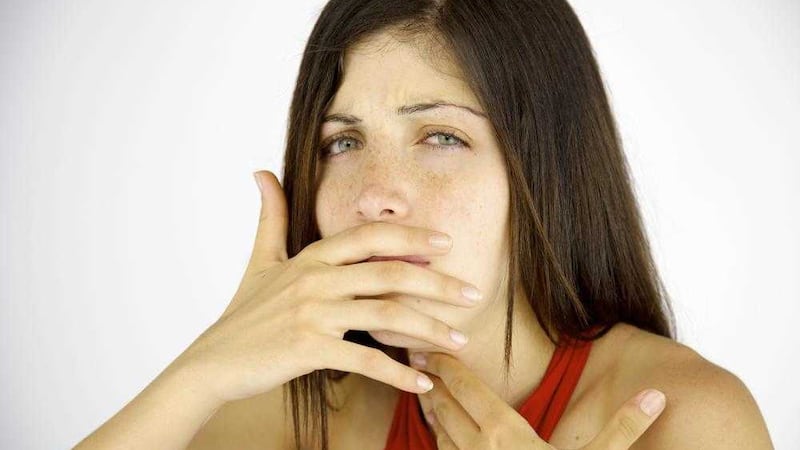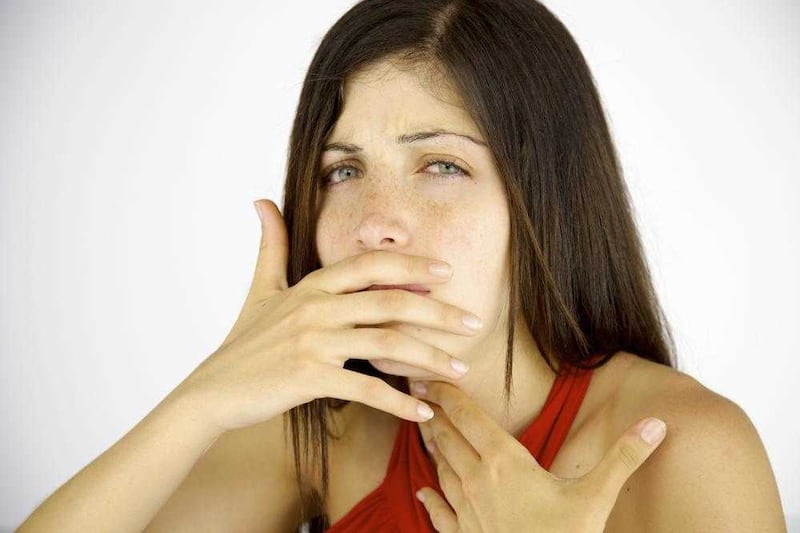ARE you sleeping like a lamb or is it more like a crazed rabbit? While most of us are dreaming peacefully, about one in 10 people gnash their teeth and aggressively clench their jaw muscles during sleep.
This unintentional gym workout of the facial muscles leaves a trail of pain and destruction. Teeth can end up worn done to the gum with abscesses festering around the tooth roots. There’s often a slow deterioration of the smile due to the ever-shortening teeth, with an accompanying enlargement of the cheek masseter muscles, giving an overly square facial appearance.
Annoyingly for a grinder, trips to the dentist seem never ending, with teeth breaking, jaw joint pain and fillings coming out.
The apt term ‘la bruxomanie’ was first introduced by Marie Pietkiewicz in 1907. It was later changed to ‘bruxism’ to describe the gnashing and grinding of teeth without purpose.
It’s not only adults who grind their teeth; more than a third of parents report symptoms of bruxism in their children. Bruxers differ from healthy individuals as they can tend to suffer more from depression and stress. Bruxing children tend to be more anxious than non-bruxers. It has been found that grinding is made worse by various factors such as drugs, alcohol, stress, snoring, caffeine, smoking or chemical imbalances in the body.
Many different theories have been suggested for the cause of grinding. As grinding often occurs during sleep, the physiology of sleep has been studied extensively especially the ‘Arousal Response'.
Arousal response is a sudden change in the depth of sleep during which the individual either arrives in the lighter sleep stage or actually wakes up. It is usually associated with things like turning over, changes in heart rate, increase in brain activity and increase in muscle activity. One study showed that 86 per cent of bruxism episodes were associated with arousal response, along with involuntary leg movements.
It has also been found that obstructive sleep apnea, which restricts the amount of air going into the body, can also set off bruxism. Evidence suggests that treating sleep apnea can help reduce tooth grinding.
So if you wake up feeling less than rested then perhaps you are a bruxer. As well as going to the dentist, a trip to a sleep specialist could be in order to correct any underlying airflow problems during sleep.





